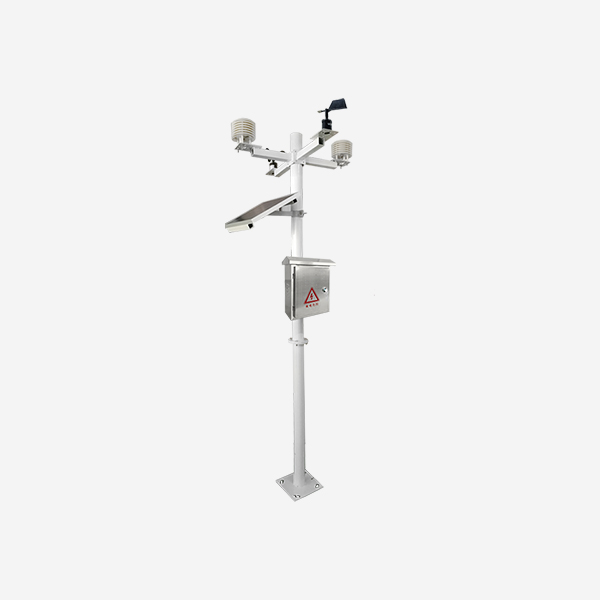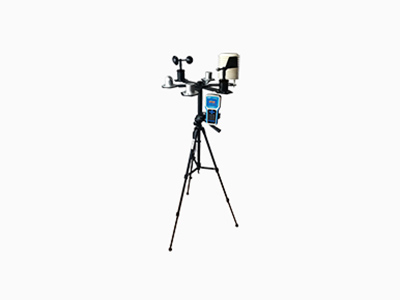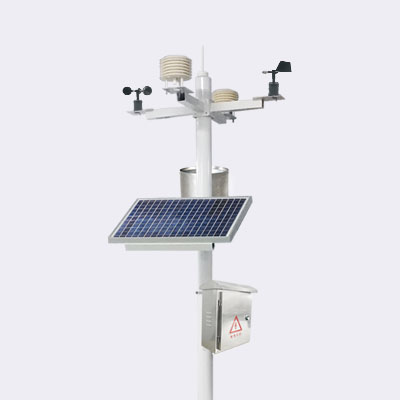When it comes to collecting accurate weather data, a best weather station is crucial. But with so many options available on the market, how do you choose the best one for your needs? In this article, we will guide you through the process of selecting the best weather station for your home or business, by looking at the different factors to consider.
Why Do You Need a Weather Station?
The first question to ask yourself is why you want or need a weather station. Are you a homeowner who wants to monitor local weather conditions? Do you need a weather station for your farm or vineyard? Or are you a business owner who needs to track weather patterns for forecasting and planning purposes?
If you’re just looking for basic weather information, a cheaper personal weather station will suffice. However, if you need highly accurate data for agricultural or business purposes, then you may need to consider a more advanced and expensive system.
What to Look for in a Weather Station
Accuracy and Precision: The most important factor to consider when choosing a weather station is accuracy. A good weather station should be precise and have low margins of error. Look for a station that can measure temperature, humidity, wind speed and direction, precipitation, and barometric pressure with high accuracy.

Data Logging and Storage: If you want to analyze weather patterns over time, then you’ll need a weather station that has good data logging and storage capabilities. Look for a system that can store a large amount of data for days, weeks, or even months.
Wireless Connectivity: A weather station that can connect to the internet via Wi-Fi or cellular data is ideal, as it allows you to remotely monitor the weather data from anywhere in the world.
Ease of Use: A good weather station should be easy to set up and use. Look for a system that comes with a user-friendly interface and clear instructions.
Reliability and Durability: A weather station should be built to withstand harsh weather conditions. Look for a system that is made with high-quality materials and has weather-resistant features.
Types of Weather Stations

Personal Weather Stations: These stations are designed for home use and are typically smaller and cheaper than professional-grade systems. They are usually designed to measure basic weather conditions such as temperature, humidity, and wind speed and direction.

Professional Weather Stations: These systems are designed for commercial use and are typically larger and more expensive than personal weather stations. They are also more accurate and can measure a wider range of weather conditions.

Portable Weather Stations: These stations are designed for outdoor activities such as camping or hiking. They are typically small and lightweight, but can still measure basic weather conditions.
Conclusion
Choosing the best weather station can make all the difference when it comes to tracking weather patterns accurately. By considering factors such as accuracy, data logging, wireless connectivity, ease of use, and reliability, you can find a weather station that suits your needs perfectly. And whether you’re a homeowner, farmer, or business owner, having a best weather station can help you make informed decisions and stay safe in all kinds of weather conditions.
